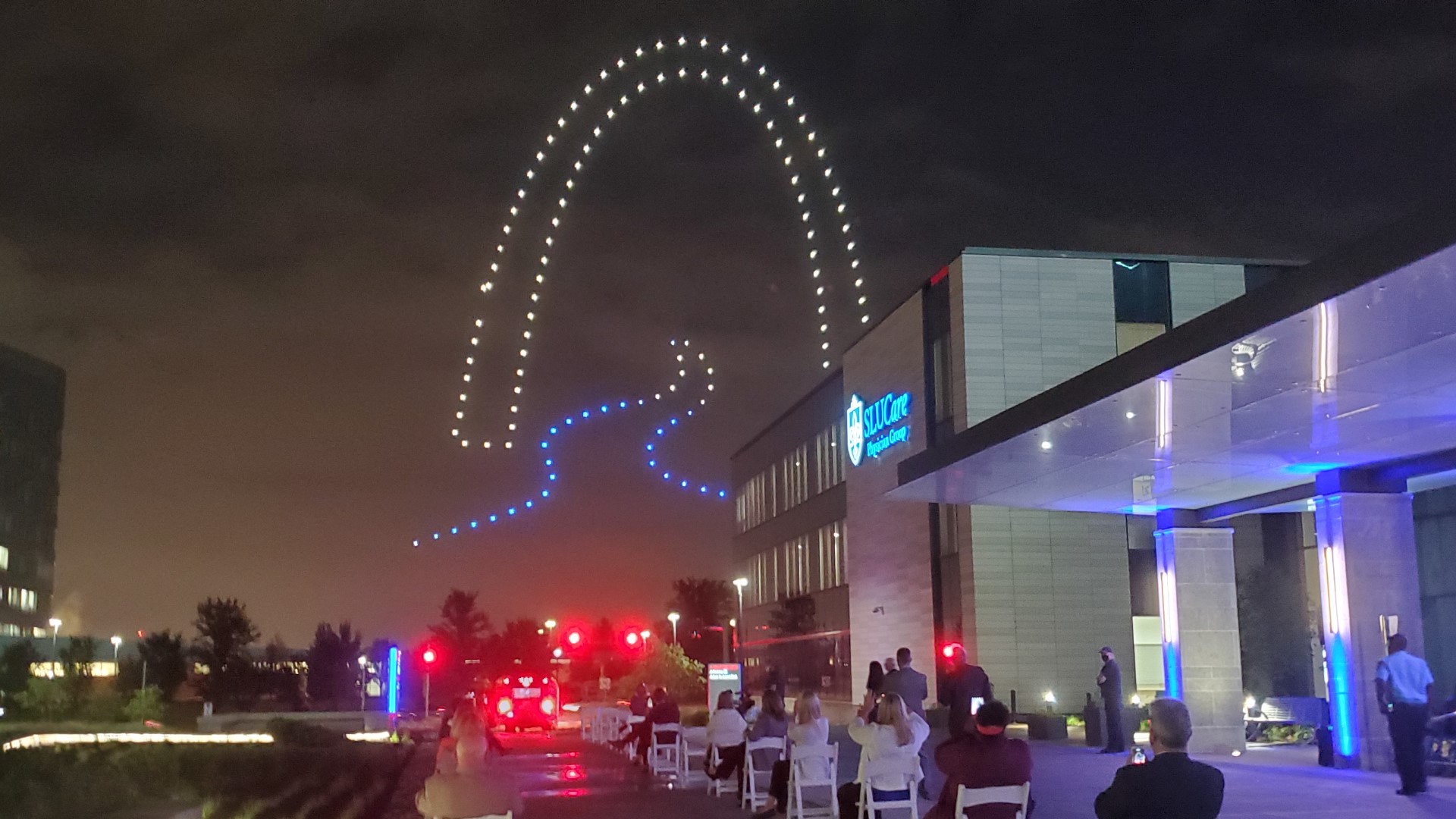ST. LOUIS — MBA and business graduate degree enrollment among diverse and non-white groups has dropped at universities across the country. For example, from 2014 to 2018, nationwide enrollment for Black men declined 7.4% to 22,708, according to the U.S. Department of Education. For Black women, enrollment dipped nearly 11% to 38,928 over that same period.
We posed the question of what St. Louis-area universities are doing to increase diversity in their own MBA and graduate degree programs.
Lindenwood University
“The Plaster School of Business and Entrepreneurship has a strong tradition of commitment to diversity. The university continues its focus on initiatives that promote diversity through the admissions process and in student learning experiences. Over the last year, the school has enhanced its modalities in which students can learn and earn their degrees. The school has expanded its online degrees and course offerings, enabling students to complete degrees fully online, fully on-ground or in a hybrid model of learning. Students also have the opportunity to learn in a variety of learning centers throughout the metro area. In addition to classes on the St. Charles campus and online, students have the opportunity to complete on-ground classes in North County, downtown St. Louis, Wentzville and the Westport area. The combination of sites close to home or work offered in combination with online provides students from varied demographic backgrounds the chance to pursue a graduate education in an affordable, open learning environment.”
— Molly Hudgins, interim dean for the Plaster School of Business & Entrepreneurship
Maryville University
“We advertise in the St. Louis American, a legacy news source within the African American community and we also partner with the Urban League. We recognize them, among others, as sources of ambitious, high-quality candidates who may further their careers in our graduate programs. We also engage locally in what I’d call a ‘pipeline’ approach. We have numerous local connections including the Boys & Girls Clubs and Girls Inc., and this is part of an effort to engage with young scholars in a developmental role through their primary and secondary education years, in preparation for their entry into higher education. We hope they will consider Maryville for their undergraduate education as well as coming back for graduate school.”
— Christopher Gourdine, assistant dean for business administration
Saint Louis University
“In 2019, Saint Louis University’s Chaifetz School of Business established a range of scholarships of up to $15,000 to improve access to our top-ranked graduate programs. These new awards included specific scholarships to recognize professionals’ commitment to diversity and inclusion in the workplace and service to the St. Louis community. In 2020, we modified admission policies to remove barriers for applicants, including a move to a test-optional application process. But we know that’s not enough. SLU and the Chaifetz School believe strongly in the power of higher education to improve equity in our society and economic opportunity for individuals and, as part of our Jesuit mission, we are committed to pursuing new ways to improve access for underrepresented students to our graduate business programs.”
— Scott Duellman, interim Edward Jones dean of the Chaifetz School of Business
University of Missouri — St. Louis
"Approximately 33% of all UMSL graduate and professional students over the past four years have been African Americans and other underrepresented minority students, and UMSL Business has seen a more than 30% increase in such students since 2016. We know that there is more to do, and it comes down to recruitment and retention. The staff in UMSL’s Graduate Business Advising office models the diversity that we hope to see reflected in our classes and provides support for all of our students. The Black Business Student Association, revived in the past five years, provides African American students professional development opportunities, leads on internships and other networking opportunities. UMSL has attracted a diverse group of business leaders to its Doctor of Business Administration program, which launched in 2017. The first cohort of students are preparing to defend their dissertations ahead of graduation in December, and that 12-member group includes three African American students and three other students of Indian or Asian descent.”
— Joseph Rottman, associate dean of graduate and international programs in the College of Business Administration
Click here for the full story.




